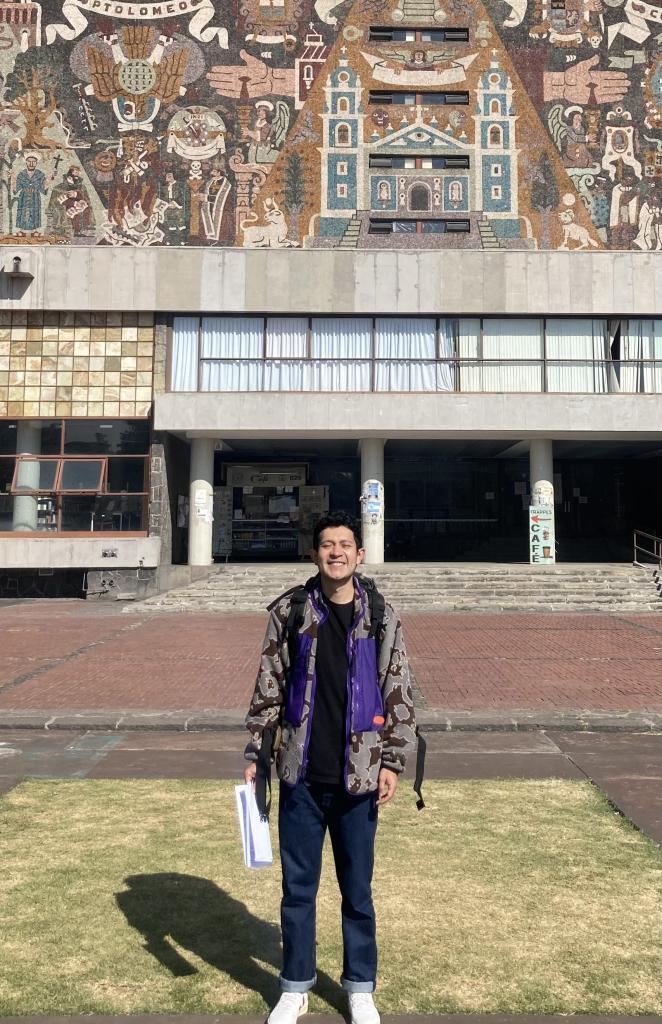My current research examines contemporary convergences of gendered and racialized labor regimes, techno-scientific agricultural interventions, and everyday encounters of plants, insects, microorganisms, and humans in preventing and controlling unruly pathogens in Colombian oil palm plantations. In particular, the plant disease Bud Rot is my ethnographic entry point to studying the relationship between plant health protocols and daily labor practices of human-hand pollination in the agro-industry. I’m interested in this because bud rot rose to global notoriety as the main threat to palm monoculture in Latin America, especially in Colombia, where the disease led to the near-total destruction of plantations by the beginning of the 21st century. My research aims to shed light on the granular set of meaning-making practices that imply the care and reproduction of promising bud-rot-resistant palm trees but that, as an infertile species, depends on the human labor practice of assisted pollination. I conduct multi-sited ethnography in Colombian palm zones affected by but rot to understand how agricultural scientists, plantation managers, and workers use, produce, and embody gender to fight against bud rot and “repair” undesirable infertilities in plantations.


